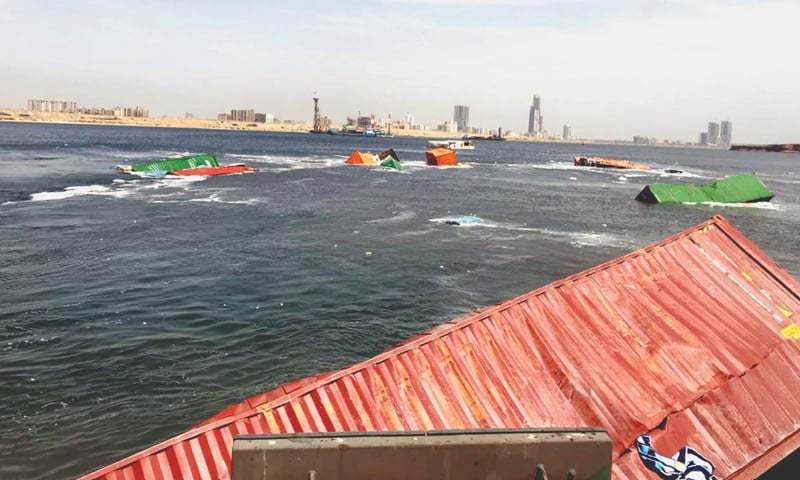The World Shipping Council’s (WSC) annual Containers Lost at Sea report has revealed a significant rise in container losses in 2024, with 576 containers reported lost overboard — more than double the record low of 221 containers lost in 2023.
A key factor behind the increase was the widespread diversion of vessels via the Cape of Good Hope, as shipping lines sought to avoid the security risks posed by Houthi attacks in the Red Sea. The WSC reported a 191% surge in container ship transits through the region. According to the South African Maritime Safety Authority (SAMSA), approximately 200 containers were lost in this area alone — accounting for more than a third of the global total.
The rerouting exposed vessels, many of which would not normally navigate the Cape, to severe winter storms between June and August. Notable incidents included the CMA CGM Belem, which lost around 99 containers, the CMA CGM Benjamin Franklin with 44 containers lost, and the MSC Antonia, which lost 46 containers.
“Despite continued loss-prevention efforts by the industry, the re-routing of transits away from the Red Sea and around the Cape of Good Hope to keep global commerce moving has ocean carriers navigating one of the world’s most challenging routes, as highlighted in this report,” said Joe Kramek, President and CEO of the WSC.
As of mid-2025, with the southern hemisphere entering winter once more, the report notes that similar levels of container loss off the Cape of Good Hope have not been observed.
Despite the increase, container loss remains extremely rare, representing just 0.0002% of the approximately 250 million containers transported globally in 2024.
“This year’s report confirms that the vast majority of containers are transported safely across the oceans. Still, even one container lost is one too many,” Kramek added.
Looking ahead, mandatory reporting of container losses to the International Maritime Organization (IMO) will begin in 2026, following the adoption of amendments to the SOLAS convention — a move long supported and welcomed by stakeholders.
